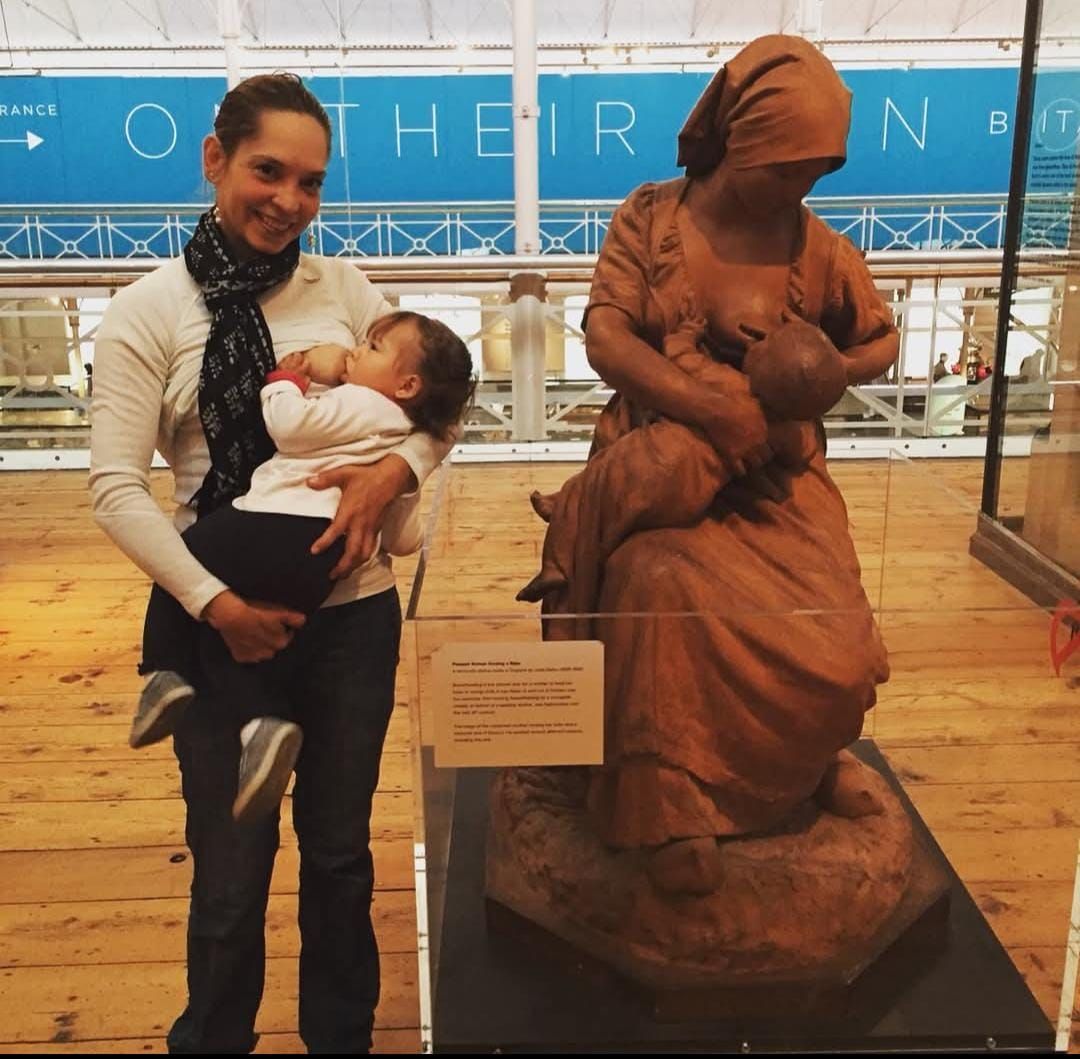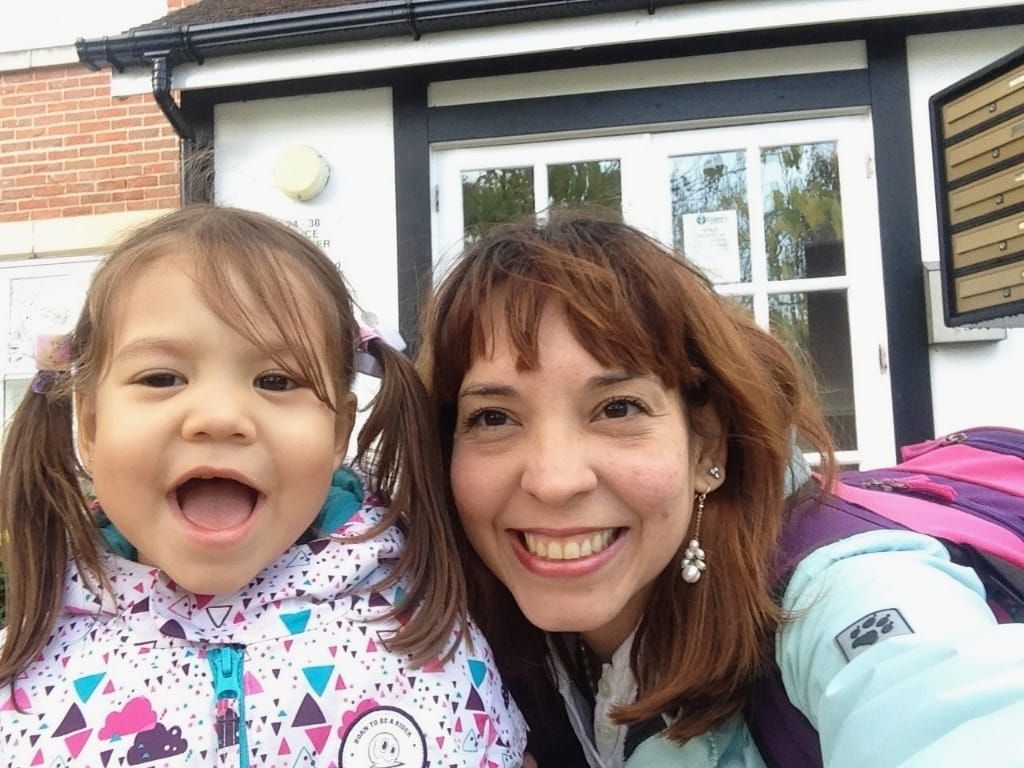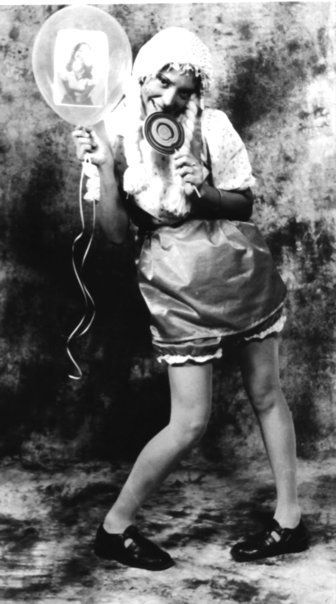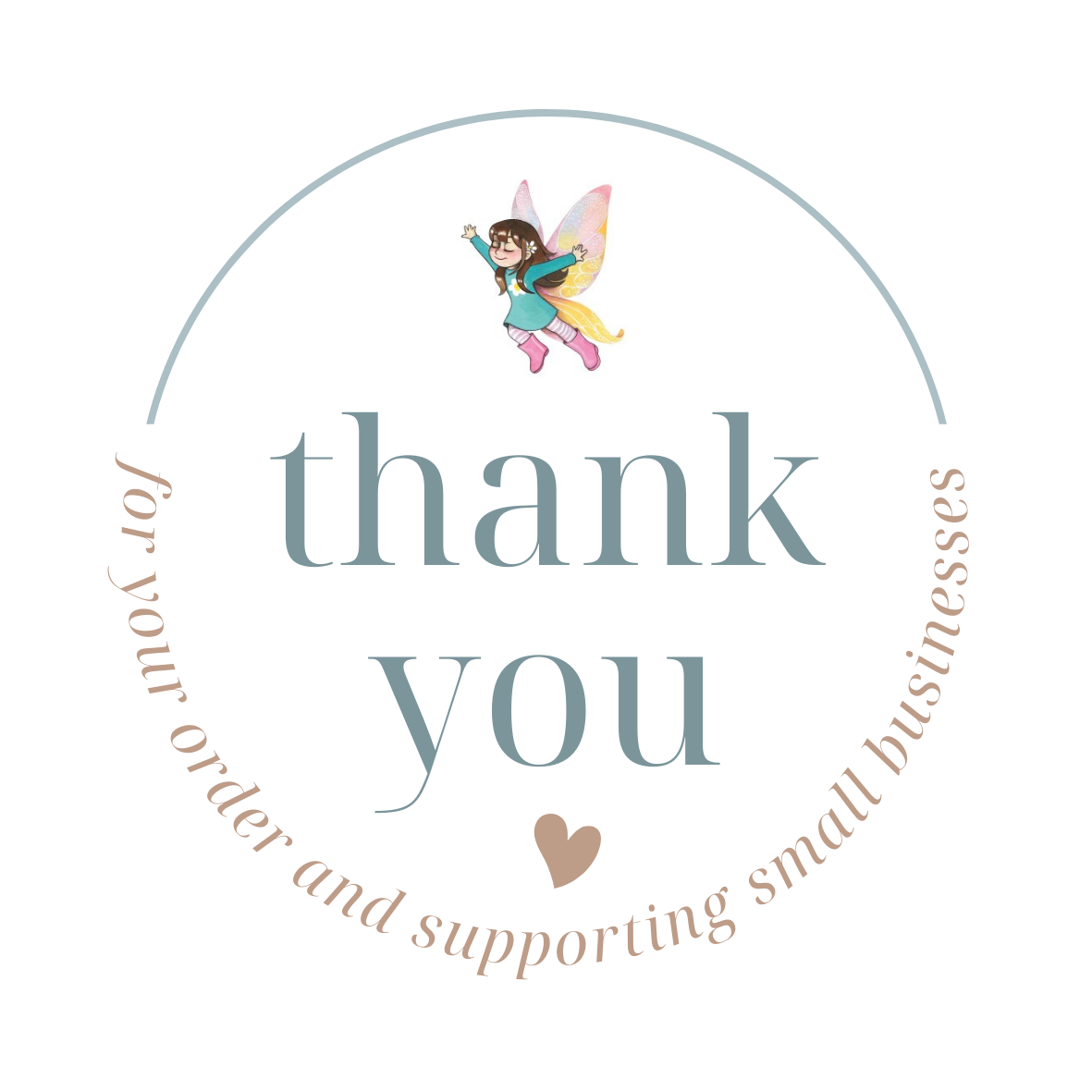When Control Wears the Mask of Love
From inherited patterns to conscious choices: rewriting the story of love
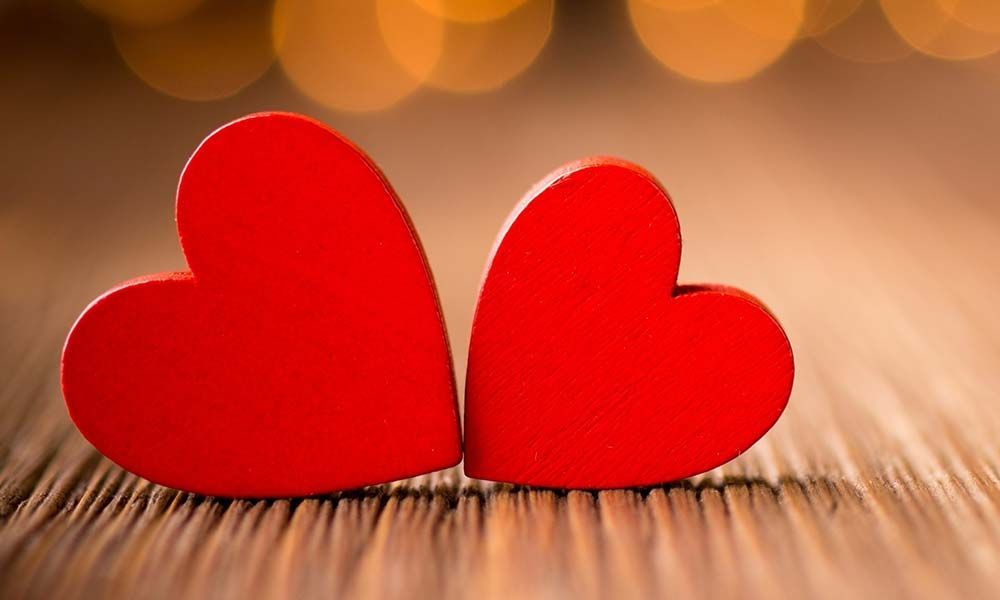
I often wonder how we first learn what love looks like.
For many women, our fathers are our first male role models. Their presence (or absence) shapes our early expectations of men. And the way our parents relate to one another becomes the blueprint we unconsciously carry into adulthood.
But what if what we saw wasn’t love at all?
What if we grew up in households where fights were constant, where silence lasted longer than words, where parents spoke badly about each other, even to us, their children? What if control and fear were the dominant forces, while kindness and respect barely had room to breathe?
When that’s all we know, it’s easy to mistake control, lovebombing, or conditional affection for love. Because love, as we understood it then, was always tangled up with fear.
That was my story.
My mum was overwhelmed with five kids, trying to do what she could in a very controlling environment. My dad was torn between two families and often emotionally absent. With so much strain, I simply didn’t have a healthy model of love to learn from.
So, when I fell in love for the first time, my expectations were very low as I didn’t know what to look for. My first partner was kind in many ways, but his deep insecurities often showed up as control, and at the time, I mistook that for care.
Later, I met someone who seemed confident and mature, but in time, I realised it was more of a disguise. What I thought was love was really an illusion, one that lacked the presence of true empathy and care. And because I longed so deeply for the warmth of a loving family, I ignored the red flags.
And so, I confused control for love.
What Psychology Teaches Us
My experience isn’t unique, and science explains why.
- Social Learning Theory (Bandura, 1977): Children learn behaviours by observing parents. If control, manipulation, or disrespect are modelled, they become “normal.”
- Attachment Theory (Bowlby & Ainsworth): When caregivers are inconsistent or conditional in their affection, children may grow into adults who confuse intensity and fear with intimacy.
- Conflict Research (Cummings & Davies, 2010): Children exposed to chronic parental conflict are more likely to repeat unhealthy patterns later in life.
In short, we unconsciously replicate what we saw because it feels familiar, even when it hurts.
Breaking the Cycle with Compassion
Here’s the important part: even if we didn’t know better, blame doesn’t help us heal.
It doesn’t serve us to punish ourselves for the choices we made in love. And it doesn’t serve us to stay angry at our parents either, for they, too, were repeating what they had learned. Most of the time, they did the best they could with the tools they had.
Blame doesn’t shift the narrative. Compassion does.
The key is to own our story with consciousness. To say: “This was my blueprint, but it doesn’t have to define my future.” From that awareness, we can choose differently. We can step into a more empowered place, one where love is no longer mistaken for control, and where our children inherit a healthier model of what love looks like.
Control vs. Love: How to Tell the Difference
Control can show up as:
- Monitoring your actions or friendships.
- Withdrawing affection when boundaries are set.
- Using criticism or subtle pressure.
- Creating a sense of fear or guilt.
Love shows up as:
- Respecting your independence and boundaries.
- Offering affection consistently, not conditionally.
- Building trust through empathy and openness.
- Creating safety instead of fear.
It’s simple but powerful: love empowers, control diminishes.
Reflection & Journaling Prompts
Take a moment to reflect, or journal if it feels right:
- Childhood Blueprint: What did you learn about love from your parents’ relationship?
- Red Flags: Looking back, where have you mistaken control or intensity for love?
- Compassion: How can you release blame (for yourself or your parents) and meet your story with gentleness?
- Awareness: What does healthy love feel like to you now?
- Cycle Breaking: What do you want to model differently for the next generation?
💬 Let’s Talk: When was the moment you realised control wasn’t love? Share in the comments! Your story might be the mirror someone else needs to break free.
💌 A Closing Note
If you’ve recognised yourself in these words, please know this: you are not broken. You are not unlovable. And you are not alone.
So many of us were handed a blueprint for love that was full of cracks and confusion. But the moment we bring compassion and awareness to our story, the cycle begins to shift.
My hope is that these reflections help you soften the blame you might carry, whether toward yourself or your parents, and instead see this as an opportunity to choose differently. To create love that is rooted in respect, freedom, and truth.
And if you’re walking this path right now, I’m walking it with you.
With love,
Kizzy
Welcome to the space where I share my reflections, stories, and insights on motherhood, rebirth, and the unexpected gifts hidden in life’s turning points.
It’s called
The Unexpected Gift, where I’ll be writing about the journeys that shape us: from healing after trauma to embracing sacred timing, from redefining identity to trusting the path ahead.
If you feel called to walk alongside me in these reflections, subscribe on Substack to receive them directly in your inbox.


